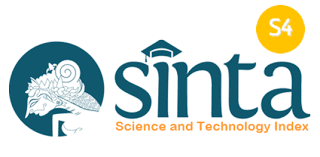Artificial Intelligence: Experiences of Students on AI tools Usage for Educational Development
Abstract
The integration of artificial intelligence (AI) tools in the educational sector has significantly transformed the learning experiences of students. The experiences of students using AI tools for educational development are increasingly significant as these technologies reshape learning environments. However, there were challenges identified in potential over-reliance on technology, and the ethical implications of using AI tools are significant issues that educators must address. The aim of this study is to examine the experiences of students in the use of AI tools for educational development. This research leverage on qualitative methods as the adopted methodology using design science research which involves interviews of final year students for data collection at a rural university in Eastern cape. The students are comprising of final year students in selected rural university for data collection through focus group discussions. Therefore, the data collected is analyzed using thematic NVivo Software to analyze the findings of the results. The results finding consist of accessibility and inclusivity, personalized learning, and students’ engagement. Furthermore, leveraging on the experiences of students with AI tools in education highlight a transformative shift towards personalized and engaging learning environments. In conclusion, AI continues to evolve within educational settings, its successful integration will depend on balancing technological advancements with ethical considerations and traditional teaching values.
Downloads
Copyright (c) 2025 Vusumzi Funda, Oluwatosin Bamigboye, Foluke Bamigboye

This work is licensed under a Creative Commons Attribution-ShareAlike 4.0 International License.





